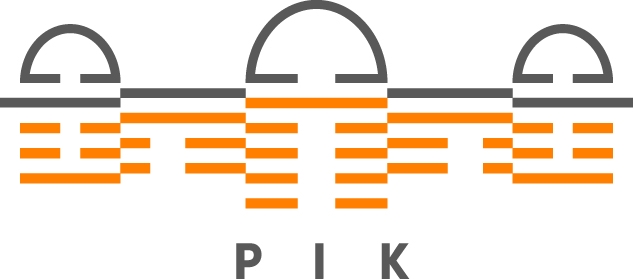Dear colleague,
In light of the current climate crisis, there is increasing interest in palaeoclimate research.
This serves as a critical tool to validate Earth-system models utilised for future projections, explore historical parallels for impending warming, and gain deeper insights into Earth system interactions and feedbacks to develop future sustainable human interactions with the Earth system. Within the Potsdam-Berlin region, various groups and institutions offer extensive expertise in palaeoclimate studies, employing a wide array of methodological approaches. A first workshop of a Geo.X funded series will take place on January 29th at the Potsdam Institute for Climate Impact Research (PIK) in Potsdam. This event aims to facilitate idea exchange, address challenges from various methodological perspectives, plan joint publications, and investigate opportunities for collaborative funding proposals.
We invite you to participate in the one-day workshop (9:30 to 15:30) at the Potsdam Institute for Climate Impact Research (PIK), Telegraphenberg Campus, building A56 (Hasselmann hall). You will have the opportunity to showcase your ongoing work, delve into challenges, and present potential collaboration opportunities.
Kindly register for participation (click here) and specify your interest in presenting.
This workshop is financially supported by Geo.X - The Research Network for Geosciences in Berlin and Potsdam, as part of the call “Grow Your Idea! - Developing new collaborative research in geo- and planetary science using existing competencies in the Geo.X network”. For further Information: https://www.geo-x.net/get-involved/grow-your-idea/
The main organizer of the workshop are Georg Feulner, Norbert Marwan and Matteo Willeit from the Potsdam Institute for Climate Impact Research (PIK)



